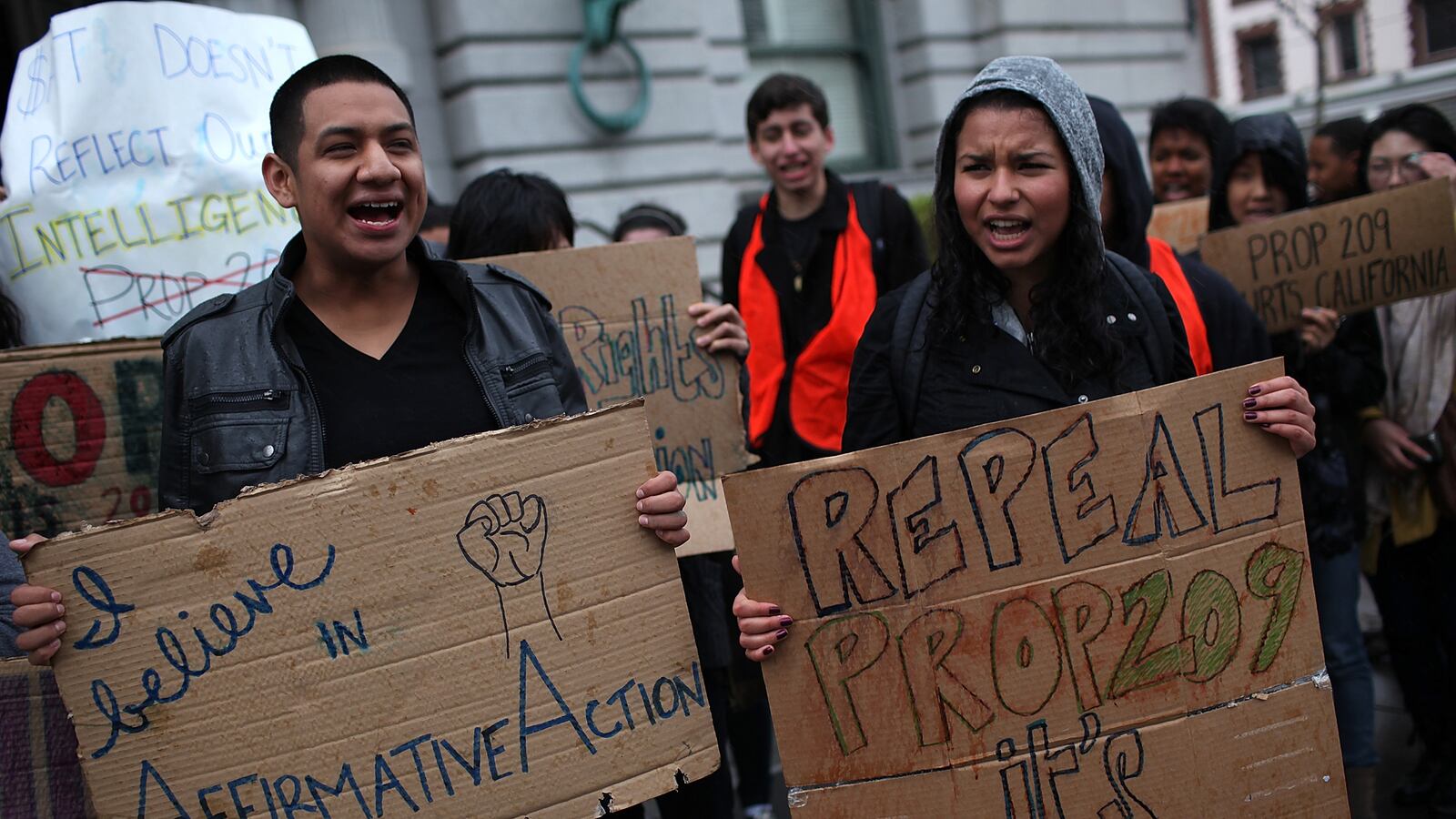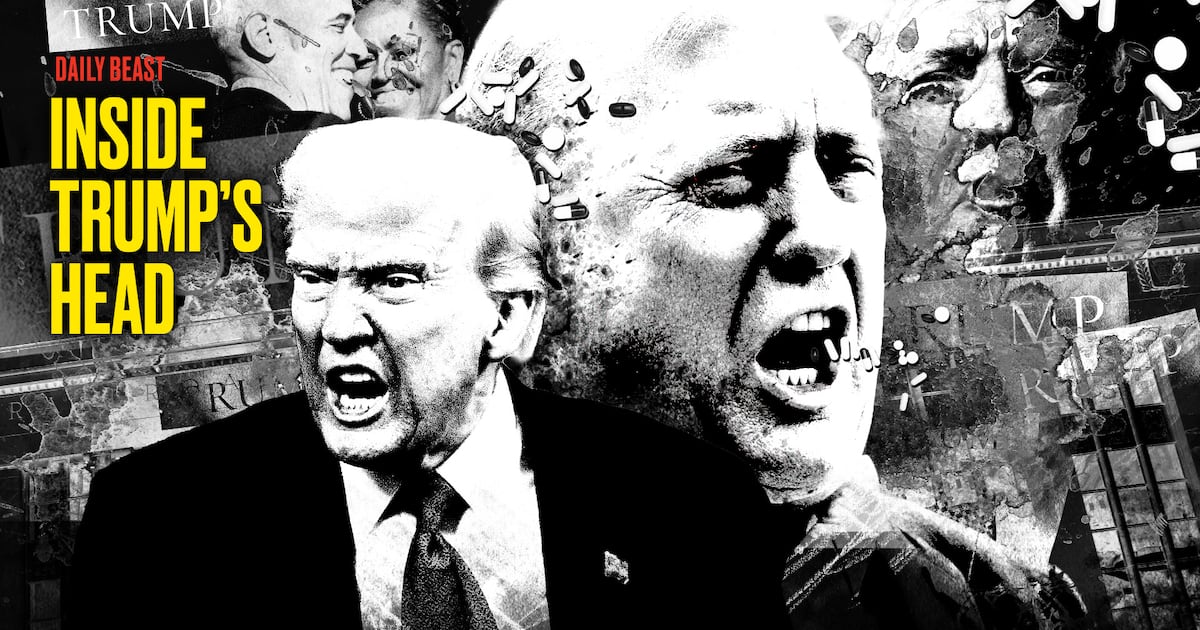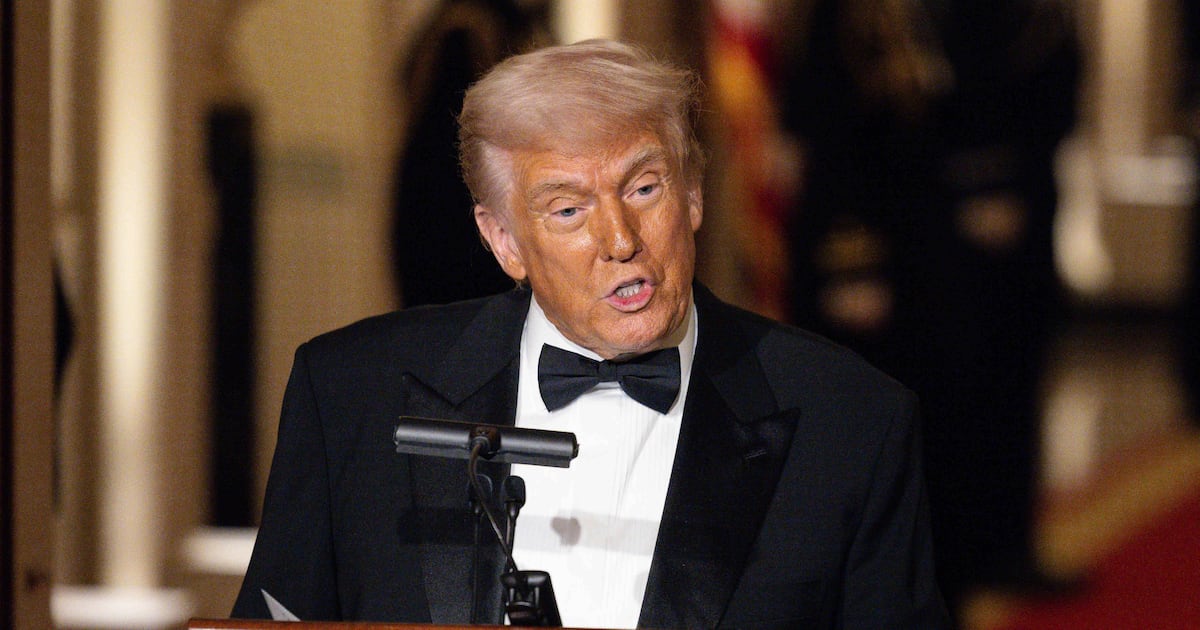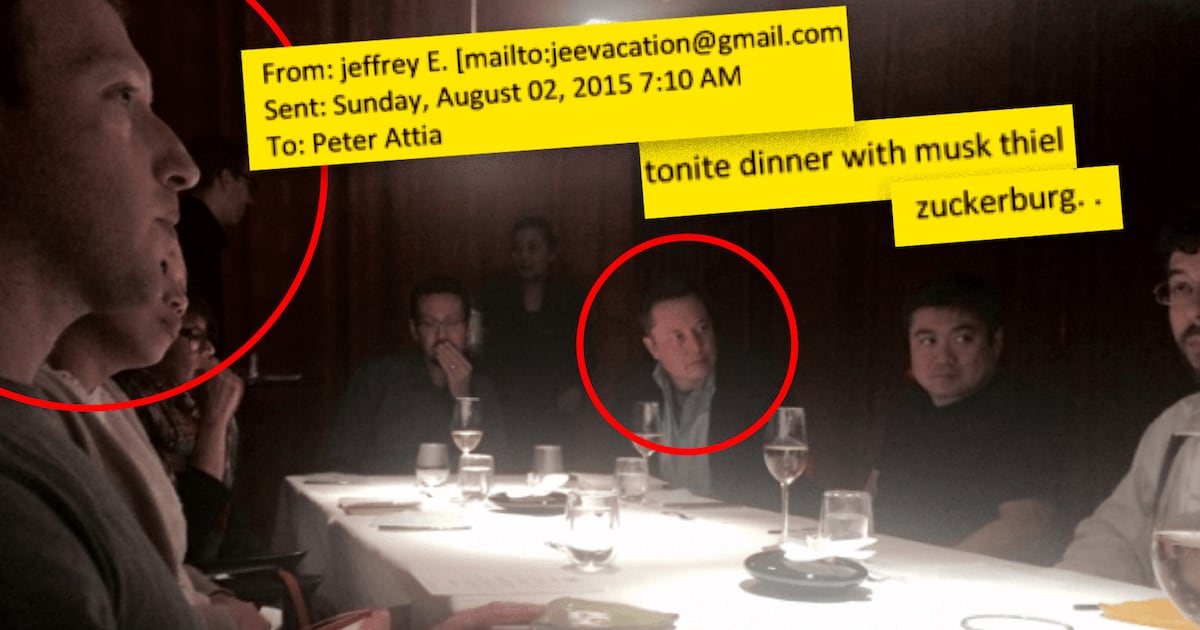Nearly 18 years ago, 61 percent of California’s Asian-American electorate opposed California’s Proposition 209, a statewide referendum, which barred race and ethnicity as considerations in state university admissions, government jobs and contracts. Notwithstanding, their opposition, Proposition 209 became law. Fast forward to March 2014, when California’s Asian-American community helped blunt an effort in the state’s legislature to gut the affirmative action ban. This recent pushback by California’s Asian-American community is a reminder that upward mobility attained can reshape attitudes, and that the interests of the so-called Coalition of the Ascendant are not monolithic.

To be sure, emergent Asian-American opposition towards ethnicity-based affirmative action is grounded in personal experience, and is a long time coming. Already, back in 2005, a Princeton University study reported Asian-Americans, as opposed to whites, drew the short straw when it came to racial preferences. According to the study, if race conscious admissions were ended, “Asian students would fill nearly four out of every five places in the admitted class not taken by African-American and Hispanic students.”
Not surprisingly then, Asian-American dissatisfaction with affirmative action has grown over time. In 2011, in a brief filed in the U.S. Supreme Court challenging affirmative action at the University of Texas, the Asian American Legal Foundation (AALF) attacked Texas’ program as “odious,” and posited that perhaps Texas “believes that Hispanics are somehow more valuable than Asians in promoting ‘cross-racial understanding,’ breaking down ‘racial stereotypes,’ and enabling students to ‘better understand persons of different races.’” Yes, the AALF was not the only Asian-American voice on the issue. But, it was a clear signal as to where the Asian-American community was trending.
And then there are the differences in ethnic experiences and realities. According to Pew Research, a majority of third generation Asian-Americans hold college degrees and have a median household income of over $91,000. In contrast, third generation median Hispanic household income has stalled at under $44,000, with fewer than one-in-five third generation Latinos holding a college degree. The latest figures from the Bureau of Labor Statistics tell a similar story, with Asian-American unemployment below the national average. Amy Chua’s Battle Hymn of the Tiger Mom may be over the top, but it is not fiction.
Indeed, it is not just Asian-Americans who have grown skeptical of affirmative action. Rather, it is America as well. According to a 2013 Gallup survey, two-thirds of Americans—including nearly three-fifths of Hispanics—agreed that “applicants should be admitted solely on the basis of merit, even if that results in few minority students being admitted.”
In a sense, the latest kerfuffle over race-based entitlements is reminiscent of the 1960s and 1970s when the Democratic Party’s core was at war with itself, and Jewish and African-Americans scuffled over university admissions quotas, as well as in teaching assignments in New York City public schools. Unlike California, it was physical, ugly and acrid back then.
Still, if history is a guide, the Republican Party can only expect a limited upside. For all of the heat generated by skirmishes past, both Jews and African-Americans retained their fealty to the Democratic Party. The neo-conservative movement emerged from these clashes, and in 1980 Ronald Reagan captured nearly two-fifths of the Jewish vote. But, Reagan v. Carter was the highpoint of American Jews’ flirtation with the GOP, and after that things essentially returned to the way they were. To put things into perspective, Barack Obama carried 93 percent of African-Americans, 73 percent of Asian-Americans, 71 percent of Latinos, and 69 percent of Jews.
The past has not been lost on the Asian-American community. According to Neil Malhotra, a Stanford University Business School Professor who has written on why Asian-Americans have switched their allegiance to the Democratic Party, “Despite the differences I wouldn’t call Jews a racial group, there are definitely some parallels.”
Malhotra continued, “Jews attachment to the Democratic Party stretched back to the New Deal, and they have been politically socialized across multiple generations in the U.S. Asians are unique given that many of them are ‘new’ Americans, and the switch to the Democratic Party has been more dramatic and quick.” As for why the quick switch by Asian-Americans, “identity issues—whether they be racial, religious, etc.—is a major explanation, as the Republican Party has become more white and Christian very quickly over time.”
Still, affirmative action remains a potentially potent issue, albeit a limited one. Malhotra explains, “unlike immigration, affirmative action is sort of a niche issue that is very important to select groups (e.g. parents of high-achieving college students and college students themselves).” However, he adds, “The GOP runs the risk of further alienating Hispanics at the risk of gaining Asians, which is why this is a wedge issue they haven’t really touched much since the 1990s, where it clearly worked in their favor.”
If 2012 is any indication, don’t bet on the Republican Party going there. First, it is immigration—not affirmative action—that has captured the GOP’s attention. For all of Mitt Romney’s support for self-deportation, Romney actually backed affirmative action. Presented with an opportunity to voice opposition to government sanctioned racial preferences during the run-up to the Michigan and Ohio primaries, Romney balked.
Second, as Malhotra described, opposition to affirmative action resonates with the identifiably upwardly mobile, and that is not where the Republicans’ white working class base is today. As Ross Douthat trenchantly writes: “Some of the most religious areas of the country—the Bible Belt, the deepest South—struggle mightily with poverty, poor health, political corruption and social disarray.” Immigration and competition for jobs come first there. College? If only. And as far as the GOP donor class goes, can you say legacies? After all is said and done, the squabble over affirmative action will most likely remain a low-key Democratic Party family feud, with the courts being called in from time-to-time to referee.





